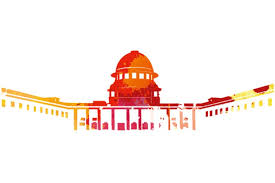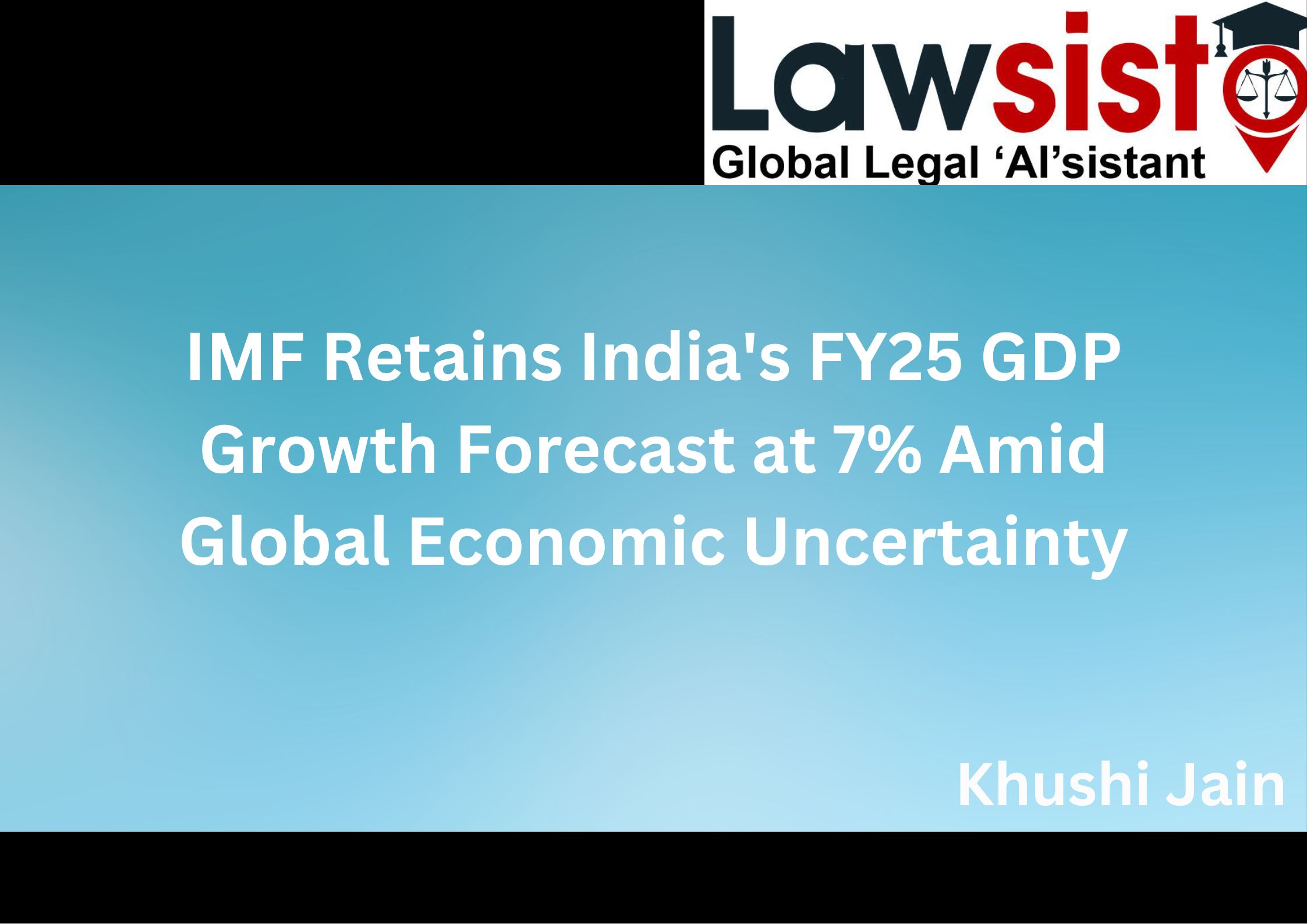Latest News
Rajagopal vs State Of T.N.on 7 October, 1994

Rajagopal vs State Of T.N.on 7 October 1994
Introduction
This case is a landmark judgment on the right to speak freely and articulation and the privilege of protection. The choice put forth in the defense was that the State can't prevent an article from getting distributed only for the explanation that it might make maligning the State. Avoidance like this is an unlawful and absurd earlier restriction. The State's just response, in this manner, the issue for maligning after the article has been distributed. Auto Shankar, a criminal being investigated for capital punishment composes a life story of his life and hands it over to his significant other for distribution. The book discusses any occasions which may malign numerous specialists. In this manner, the state objects to its distribution calling it disparaging. At the point when the path was going on, Shankar got capital punishment and was slaughtered. In this manner, there was no real way to check on the off chance that he really had composed the book other than the distributors' and his better half's words. Additionally, there was no real way to check if those functions referenced in the book had really occurred or not. The state permitted the book's distribution and subsequently guaranteed the right to speak freely of discourse and articulation.
Rajagopal vs State Of T.N.on 7 October, 1994 ( 1995 AIR 264, 1994 SCC (6) 632)
Facts of the case
A detainee (Auto Shankar) held for homicide composed a self-portrayal
The book examined his relationship with numerous senior jail authorities, a ton of whom had been his accomplices in unlawful acts. Around then, he was experiencing life detainment and would have been hanged. Prior to his demise, he gave the life account to his better half, by telling the jail authorities. The spouse at that point gave it over to the solicitors to distribute it. Examiner General of Prisons kept in touch with the distributors with the case that the collection of memoirs was bogus, that distribution was against jail leads and compromised lawful activity in the event that they continued with distributing. The motivation behind why this was done was that the book was supposed to be disparaging in nature to the staff and jail specialists.
Issues
Regardless of whether the state has an option to prevent a book from distribution since it might encroach their entitlement to protection?
Regardless of whether the right to speak freely of discourse and articulation can be motivation to abuse the privilege of protection?
Laws included
Article 19(1)(a) read with Article 19(2) on The Constitution of India
Article 21, Constitution of India
Sections 499 and 500 of the Indian Penal Code.
Official Secrets Act, 1923
Court’s Reasoning
Supreme Court Justice B.P. Jeevan Reddy noticed that Shankar, his significant other, and attorney were not gatherings to this request. "We don't have their adaptation… regardless of whether Shankar has without a doubt composed his personal history or potentially… mentioned or approved the applicants to distribute the equivalent… " the adjudicator noted, proclaiming he would continue on the supposition that Shankar hadn't composed the life account nor approved its distribution. "We should, nonetheless, clarify that our own is just a presumption with the end goal of this writ appeal and not a finding of fact,"[1] he explained. In this way, it was critical to take note that there was no explanation or confirmation. The court had said that it was imperative to know whether really the life story was really composed by Gauri Shankar or not.
Right to security was not identified as a crucial right in our Constitution however has been surmised from Article 21. So the book is educated to have talked concerning different jail specialists is a disparaging sense (albeit possibly obvious). In any case, there is no law enabling the State or its authorities to disallow or to force an earlier limitation upon the press/media. Each individual has a privilege to security and it is unethical and illicit to slander an individual dependent on the perceptions of a solitary individual whose sentiments may have in one-sided. Subsequently, despite the fact that the demonstration of public authorities is public help they should be qualified for such right of protection as for their official obligations equivalent to every single other individual.
It is likewise essential to take note that each individual has the option to get his self-portrayal distributed in light of the fact that each individual has a central right to discourse and articulation as per Sec 19(1) of the Constitution of India.
Sec 19 (2) forces 'sensible limitations on the privilege to discourse and articulation in this way consider that any data which couldn't be checked of being valid or not ought not to be distributed. For the situation there was no evidence that the book was really composed by Gauri Shankar thus this book must not have been distributed.
The state can't forestall the distribution as there are no laws to stop the distribution of possibly abusive articles. Be that as it may, the offended parties can generally sue after such articles are distributed.
Obiter dicta
The case expressed a talk about the privilege of protection in this manner helping its cycle turning into an essential right. According to this case, the privilege of protection is inferred as part of Art 21. It fairly options to be disregarded. Each individual has would thus be able to be permitted to attempt to defend their security and that of their family. The court had rearranged that there was no express right to security except for examined that there are a few parts of this privilege in the constitution.
Ratio decidendi
The adjudicators held that the book could be distributed by the distributors even without the approval of Shankar or specialists as much as shows up in openly available reports. They couldn't distribute anything which is mystery data, they could be held to disregard the 'right to protection and be rebuffed. The state can't stop the distribution yet reserve each privilege to look for a cure if the above condition is hurt.
Judgment
In the examined case, Shankar had the opportunity to get his history distributed in light of the fact that it was not made will any mala fide expectation and did exclude anything bogus. The distribution was just done up to the degree that there was no infringement of any official insider facts. The right to security, in 2018 is an all-around examined idea. Be that as it may, in the time of 1995, it was not all around recognized in the event that laws or enactments. Protection was not a crucial right at that point and henceforth this case recognized it. This was significant for this guideline to create. Consequently, the Supreme Court managed a contention between the opportunity of the press and the privilege to security and held that the last had procured a Constitutional status.
Document:



































































































